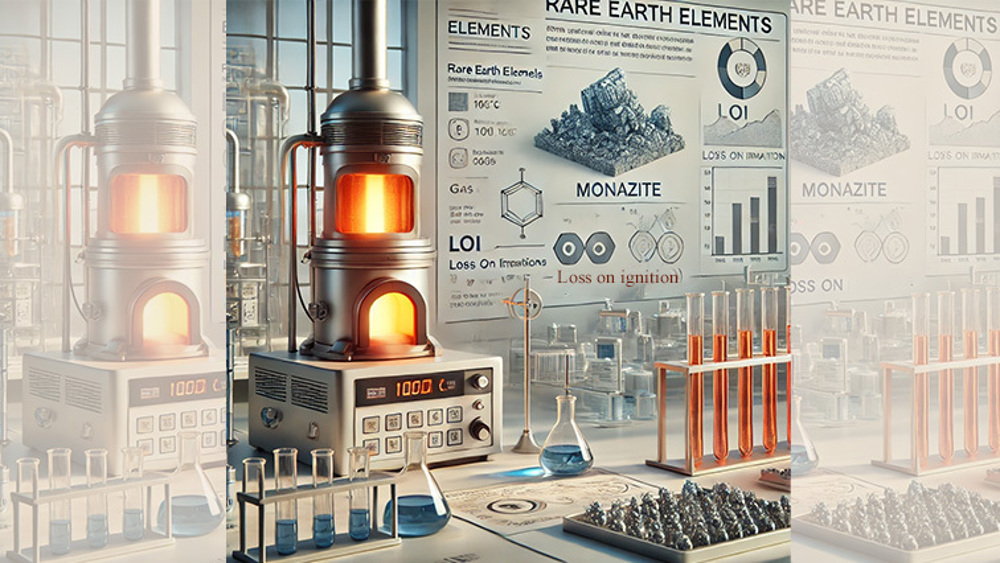First Iran-made catamaran delivered to Turkey
Iran has completed its first export of a catamaran ship built in the country to Turkey, media reports said on Saturday.
The delivery puts Iran in the elite club of the manufacturers of catamaran, a multi-hulled watercraft featuring two parallel hulls of equal size.
Hossein Qorbani, managing director of Iran's Arvandan Shipbuilding Company which built the sailing boat, said the vessel sold at around 10 million US dollars.
One of the key features of the Iranian-made catamaran is that it is able to sail into shallow waters about two meters deep, he said. At a speed of 30 knots (55 km/h), the vessel is also able to travel in bad weather, Qorbani added.
Each catamaran takes about 12 to 18 months to build, but Iranian builders are able to bring the period down to eight months, the official said.
According to Qorbani, France's Bureau Veritas has certified the quality of the vessel’s hull.
The Islamic Revolution Guards Corps (IRGC) unveiled a catamaran-type ship capable of carrying a helicopter and up to 100 people in September 2016.
Iran has a sprawling shipbuilding industry, chiefly devoted to constructing oil tankers and container ships as well as offshore structures.

The country owns the world’s largest fleet of oil supertankers consisting of 42 VLCCs, each able to carry 2 million barrels of oil.
With the removal of US-led sanctions on Iran in January 2016, the Islamic Republic plans to expand its container fleet in order to extend its forward coverage beyond all frontiers.
After the sanctions were lifted, officials said the country was in talks with major world shipbuilders, including South Korea’s Hyundai and Germany’s Nordic Yards Wismar, to carry out a series of grand projects.
Iran’s biggest operator, the Islamic Republic of Iran Shipping Lines (IRISL), was putting out orders for Triple E vessels capable of carrying more than 18,000 containers, its chairman Mohammad Saeidi said.
IRISL’s current fleet includes 158 container vessels, dry bulk carriers and tankers which are expected to return to international traffic in early 2016.
Another official said preliminary agreements had been signed with Korean, German and Chinese shipbuilders to construct high-tech LNG tankers as the country pushes to join the club of liquefied natural gas exporters.

Iran expects major drop in domestic wheat yields

Iran’s new milestone in production of rare earth elements

Iran’s agricultural exports up 29% in year to late March
VIDEO | Iran-Africa partnership
Pope Francis conveyed true compassion to people in Gaza amid genocide: Bethlehem pastor
Israel revokes visas for 27 French MPs after Macron signals support for Palestinian state
‘Deterrent and defensive’: Armed Forces say IRGC vanquishes any enemy at any level
Yemen strikes vital Israeli targets deep inside occupied land, US warships
VIDEO | Pope Francis dies aged 88: Vatican
VIDEO | Is US power waning?
2025 World Press Photo: 9-year-old Palestinian amputee symbolizes Gaza's tragedy







 This makes it easy to access the Press TV website
This makes it easy to access the Press TV website